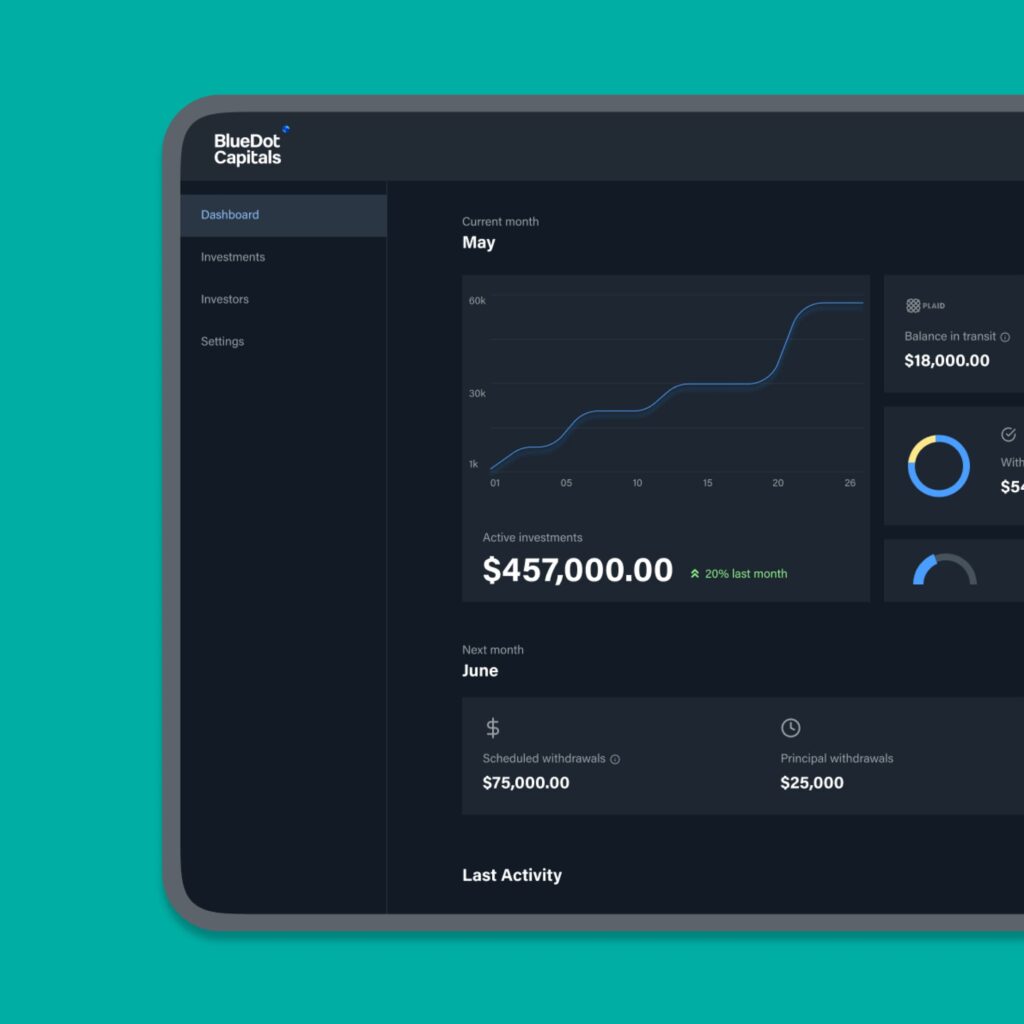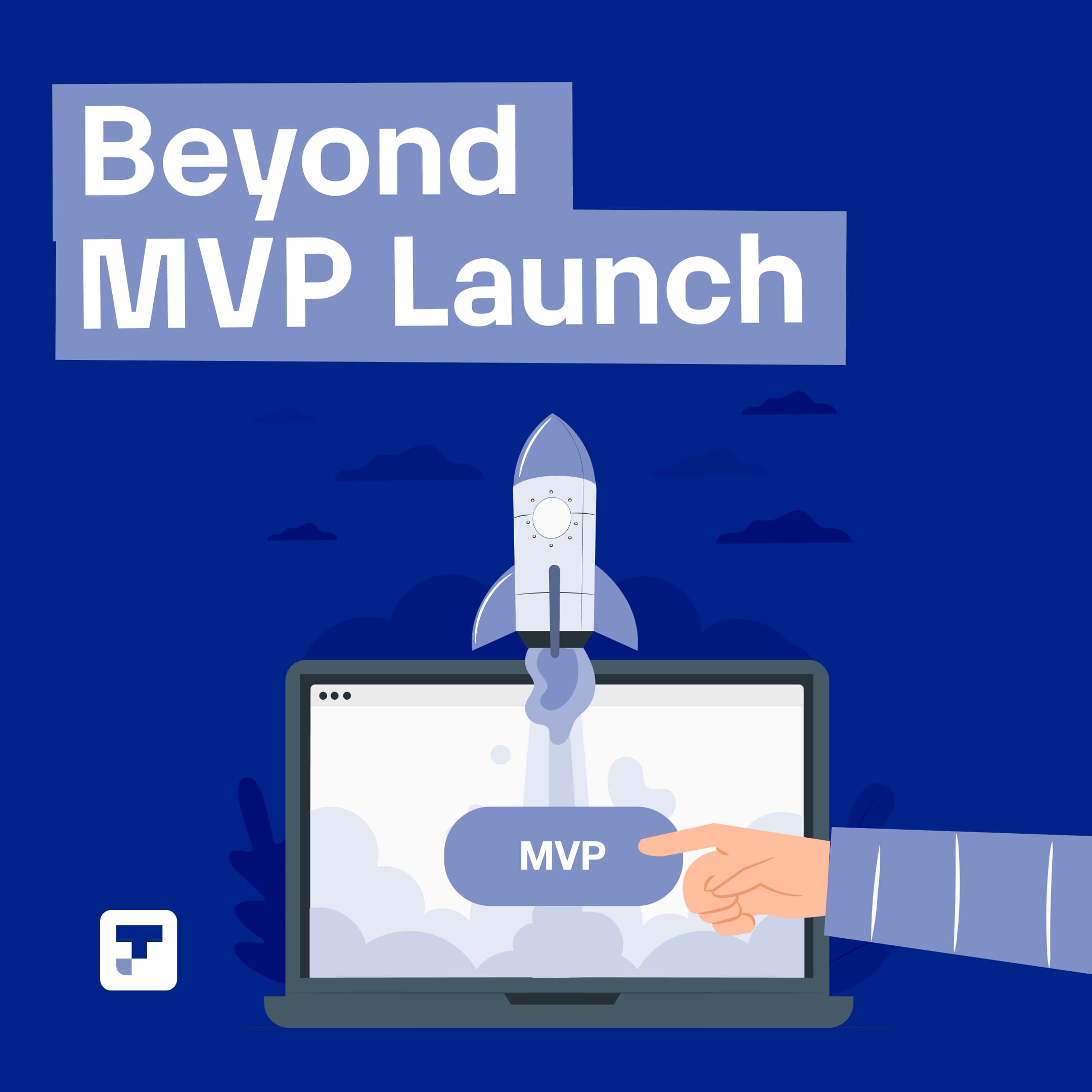Blog
How the Adoption of Blockchain is Expected to Revolutionize Remote Work Practices

How the Adoption of Blockchain is Expected to Revolutionize Remote Work Practices
In today’s blog, we’ll take an in-depth look at how the adoption of blockchain has shaped and is expected to revolutionize remote work practices from contracts, HR, payments, and more.
Fusing blockchain technology with remote work practices has shifted global businesses’ operations. With the rise of decentralized technologies originally pioneered by digital currencies like Bitcoin, a new era of transparency, security, and efficiency is emerging, tailor-made for the digital nomad and the remote executive.
This transformation is particularly compelling in an age where remote work is not just a perk but a fundamental business strategy fostered by global events like the COVID-19 pandemic.
Blockchain: A New Paradigm for Data Security and Privacy
The Decentralization Advantage
Blockchain is a shared, immutable ledger that facilitates the process of recording transactions and tracking assets in a business network
Traditional remote work infrastructures rely heavily on centralized systems, which can be vulnerable to cyber-attacks and data breaches.
Blockchain technology mitigates these risks by distributing data across a vast network of computers, ensuring that no single point of failure can compromise the system. This decentralized approach not only enhances security but fundamentally transforms data privacy norms.
Enhancing Cybersecurity with Blockchain
With blockchain, every transaction and data exchange within the remote work ecosystem is encrypted and recorded across multiple nodes. This makes unauthorized access exceedingly difficult, thus safeguarding sensitive corporate data and the personal information of remote workers.
Streamlining Operations with Smart Contracts
Automating Contract and Payment Processes
One of the most transformative impacts of blockchain in the remote work sector is through Smart Contracts. These digital contracts execute automatically when predefined conditions are met, without the need for intermediaries.
This automation can streamline everything from contract management to payroll, making transactions quicker, cheaper, and more transparent.
Global Payments Made Simpler and Faster
For international teams, blockchain offers a solution to the slow and costly traditional banking processes.
By utilizing cryptocurrencies and smart contracts, companies can execute instant, cross-border payments with reduced transaction fees, thus facilitating a smoother payment process for remote workers around the globe.
Enhancing Transparency and Accountability
Building Trust with Immutable Records
Blockchain’s immutable ledger ensures that every action, from task assignment to project completion, is recorded in a way that cannot be altered.
This transparency is crucial for remote work settings where physical oversight is limited. It fosters trust among team members and between employees and management, as every participant has access to a verified and unchangeable record of transactions.
Accountability in Remote Project Management
Platforms leveraging blockchain technology provide a transparent system for project management, ensuring that updates and completions are verifiable and permanent.
This not only streamlines management processes but also provides a solid foundation for accountability, which is often a challenge in remote setups. For a deeper look into blockchain’s role in enhancing transparency, Harvard Business Review offers insights into how the technology is reshaping businesses.
Impact on HR and Recruitment
Revolutionizing HR Practices
Blockchain technology also holds the potential to revolutionize HR practices within remote work frameworks. From the verification of credentials to performance assessments, blockchain can provide a more efficient and transparent approach to HR processes.
Executive Recruiting
For high-level recruitment, blockchain can offer substantial benefits. Platforms utilizing technologies for executive recruiting software can ensure that candidate credentials are verified transparently and securely, enhancing trust in recruitment processes.
Revolutionizing Remote Work with Decentralized Applications (DApps)
The Role of DApps in Remote Work
Decentralized applications (DApps) run on a blockchain or P2P network of computers rather than a single computer and are outside the purview and control of a single authority.
For remote work, this means applications that can operate with zero downtime and resist censorship or control by any single entity, which is crucial for critical communications and operations.
Examples of DApps for Remote Work
Examples include decentralized file storage systems like Storj and IPFS, which offer secure and distributed alternatives to traditional cloud storage services. These systems ensure that remote workers can store and access large files securely and quickly, regardless of their location.
Blockchain’s Role in Compliance and Legal Frameworks
Navigating Regulatory Environments
As remote work transcends global borders, blockchain provides an essential tool for navigating the complex web of regulatory and legal requirements.
By automating compliance through smart contracts and maintaining secure, auditable records, blockchain can significantly reduce the risk and overhead associated with legal compliance across different jurisdictions.
Enhancing Data Protection Compliance
With data protection regulations like GDPR in Europe and CCPA in California, blockchain can help organizations meet stringent requirements through secure, decentralized data handling processes.
The Future of Work: Blockchain-Driven Innovations
Predictions for Blockchain in Remote Work
The ongoing evolution of blockchain technology suggests a future where remote work is not only more secure and efficient but also more integrated and user-friendly.
Blockchain innovations could lead to even more robust platforms for collaboration and management, potentially eliminating many of the traditional challenges associated with remote work.
Impacting Industries Beyond Tech
While initially predominant in the tech sector, the adoption of blockchain for remote work is spreading to other industries such as finance, healthcare, and education, where security and compliance are paramount. This expansion is indicative of the versatile benefits blockchain technology can offer across various fields.
Broadening the Talent Pool with Blockchain-Enabled Remote Work
Global Access to Talent
Blockchain’s capacity to secure and streamline remote operations is not just a technical advantage—it’s a strategic one. By making remote work more accessible and reliable, organizations can tap into a global talent pool.
This broad access not only diversifies the workforce but also enriches it with a multitude of perspectives, driving innovation and enhancing its competitive edge.
Reducing Operational Costs
The efficiency gains from blockchain-driven processes like automated payments and verified credential systems can significantly reduce administrative overheads.
This reduction in operational costs is vital for businesses aiming to scale efficiently while maintaining high standards of operation.
Empowering Workers with More Control and Flexibility
Worker Empowerment Through Technology
Blockchain empowers workers by providing more control over their data and the terms of their employment.
This technology enables a shift towards a more flexible, employee-centered work environment where workers have greater autonomy and a clearer understanding of their contributions and rewards.
Flexibility and Job Satisfaction
The autonomy offered by blockchain-enhanced remote work platforms can lead to higher job satisfaction, reducing turnover rates and fostering a more engaged workforce.
The ability to manage and verify work autonomously not only streamlines processes but also instills a sense of ownership and responsibility among remote workers.
Conclusion: The Blockchain Revolution Is Here to Stay
Blockchain technology is poised to revolutionize remote work by providing robust solutions to some of the most pressing challenges faced by businesses and workers alike.
From enhancing data security and privacy to streamlining payment and contract management, and from increasing transparency and accountability to empowering workers, blockchain’s impact is vast and multifaceted.
As the technology continues to evolve and integrate into various industries, its potential to improve remote work practices and create more efficient, secure, and equitable work environments becomes increasingly clear.
For businesses looking to stay ahead, embracing blockchain technology, learning about how to develop blockchain applications and how all this can be used in their remote work strategies is not just an option; it’s a necessity.
As we look to the future, the integration of blockchain into remote work is expected to grow, further reshaping how organizations operate across the globe.
Read more


Case study:
Blue Dot Capitals
Learn how Blue Dot Capitals Successfully Built an MVP for an Investment App.

Moving Your MVP to the Next Stage of Growth

How to Hire Developers in Eastern Europe for a Startup

Building Better Products: The Questions You Should Be Asking Your Development Team

The Secret to Sustaining Your SaaS Growth as You Scale
Create a free plan for growth
Speak to Victor and walk out with a free assessment of your current development setup, and a roadmap to build an efficient, scalable development team and product.
“Victor has been great. Very responsive and understanding and really knows his stuff. He can go the extra mile by tapping into his prior experiences to help your company out. Really enjoyed working with him.”
Founder of Agency360

Victor Purolnik
Trustshoring Founder
Author, speaker, and podcast host with 10 years of experience building and managing remote product teams. Graduated in computer science and engineering management. Has helped over 300 startups and scaleups launch, raise, scale, and exit.